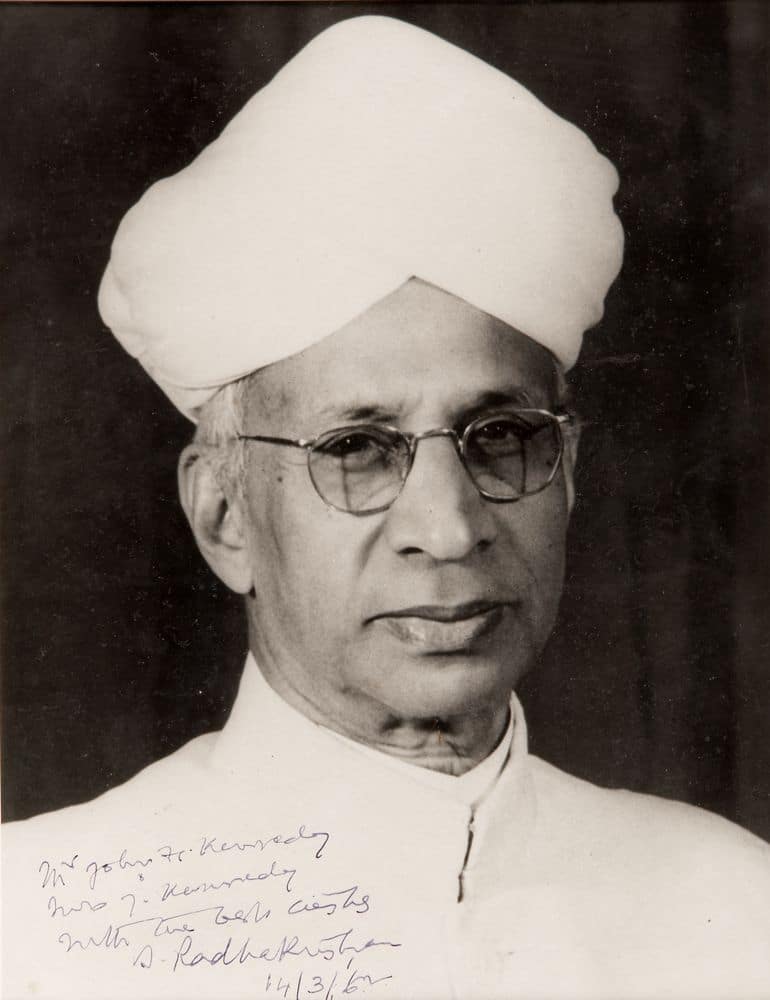What exactly is a Hindutvavadi? The basic answer is someone who believes in, practices, and promotes Hindutva. To comprehend Hindutva, one must first understand ‘Hindu’ and ‘Hinduism,’ and the safest place to start is the Supreme Court, which has a large interpretive jurisprudential reservoir on these three terms — Hindu, Hinduism, and Hindutva.
In his book ‘The Hindu View of Life,’ S Radhakrishnan, one of India’s foremost educationists and its first Vice-President, characterized Hindus as follows: “The inhabitants on the Indian side of the Sindhu were termed Hindu by the Persian and subsequently western conquerors.” That is the origin of the term “Hindu.” When we consider the Hindu faith. We find it difficult, if not impossible, to explain or accurately characterize Hinduism. It is, in general, a way of life and nothing more.”

In his book ‘Religious Thought and Life in India,’ noted British academician and historian Monier Williams observes that “it must be remembered that Hinduism is considerably more than a basic type of theism based on Brahmanism.” It displays to us a complex congeries of creeds and ideas, the slow accumulation of which may be likened to the collecting of the immense volume of the Ganges, swelled by a constant influx of subsidiary rivers and rivulets. The Hindu religion reflects the diverse character of the Hindus, who are not a single group but numerous. It is predicated on the concept of universal receptivity.
The Supreme Court made the first reference to ‘Hindutva’ in its decision [1994 (6) SCC 360] in the matter of ‘Ismail Faruqi,’ who challenged the legitimacy of the 1993 central statute acquiring the disputed region in Ayodhya and huge tracts of property around it. “Ordinarily, Hindutva is seen as a way of life or a state of mind, and it is not to be associated with or interpreted as religious Hindu extremism,” said Justice S P Bharucha, who was part of the three-judge panel that supported the acquisition.

In Ramesh Yeshwant Prabhoo versus Shri Prabhakar Kashinath Kunte [1996 SCC (1) 130], a three-judge panel led by famous Justice J S Verma examined the emerging understanding of ‘Hindutva’ as a ‘style of life’ by Justice Bharucha in Ismail Faruqi. The case included a see-saw struggle between two heavyweights, Ram Jethmalani for the Shiv Sena and Ashok Desai for the opposing side, with both freely referencing scriptures and historians.
Justice Verma cited several previous constitution bench decisions, stating that they “indicate that no precise meaning can be ascribed to the terms ‘Hindu,’ ‘Hindutva,’ and ‘Hinduism,’ and that no meaning in the abstract can confine it to the narrow limits of religion alone, excluding the content of Indian culture and heritage.” It is also stated that the name ‘Hindutva’ is more closely associated with the subcontinent’s way of life. It is difficult to see how, in the light of these rulings, the term “Hindutva” or “Hinduism” per se can be understood to represent and be linked with limited fundamentalist Hindu religious intolerance.”

The Supreme Court ruled that the mere mention of the words ‘Hindutva’ or ‘Hinduism’ or any other religion in an election speech does not bring it within the purview of sub-section (3) and/or sub-section (3A) of Section 123 (to constitute corrupt practices that could disqualify the candidate) unless the additional elements indicated are also present in that speech.
The Supreme Court also debunked the concept, which has gained popularity among politicians of all religions, that the phrases ‘Hinduism’ or ‘Hindutva’ per se cannot be interpreted as implying hate, antagonism, or intolerance towards other religious beliefs or espousing communalism. This concern, according to the Supreme Court, stemmed from an incorrect appraisal and perception of the real meaning of these terms, as shown by the comprehensive discussion in the prior authority of this Court.
The court, on the other hand, had warned against any politically advantageous exploitation of the phrases and advocated robust steps to counter such inclinations. “Misuse of these idioms to promote communism cannot change their genuine meaning.” The evil caused by anyone’s abuse of the phrases in his speech must be regulated, not their authorized usage. It is very sad that, despite the liberal and tolerant characteristics of ‘Hinduism’ recognized in legal judgments, these phrases are utilized by anybody during elections to achieve any undue political advantage. Fundamentalism of any colour or sort must be crushed with a hard hand to preserve and promote the nation’s secular credo.
Also Checkout: Changes to IAS regulations proposed, NDA states join the chorus of protest











